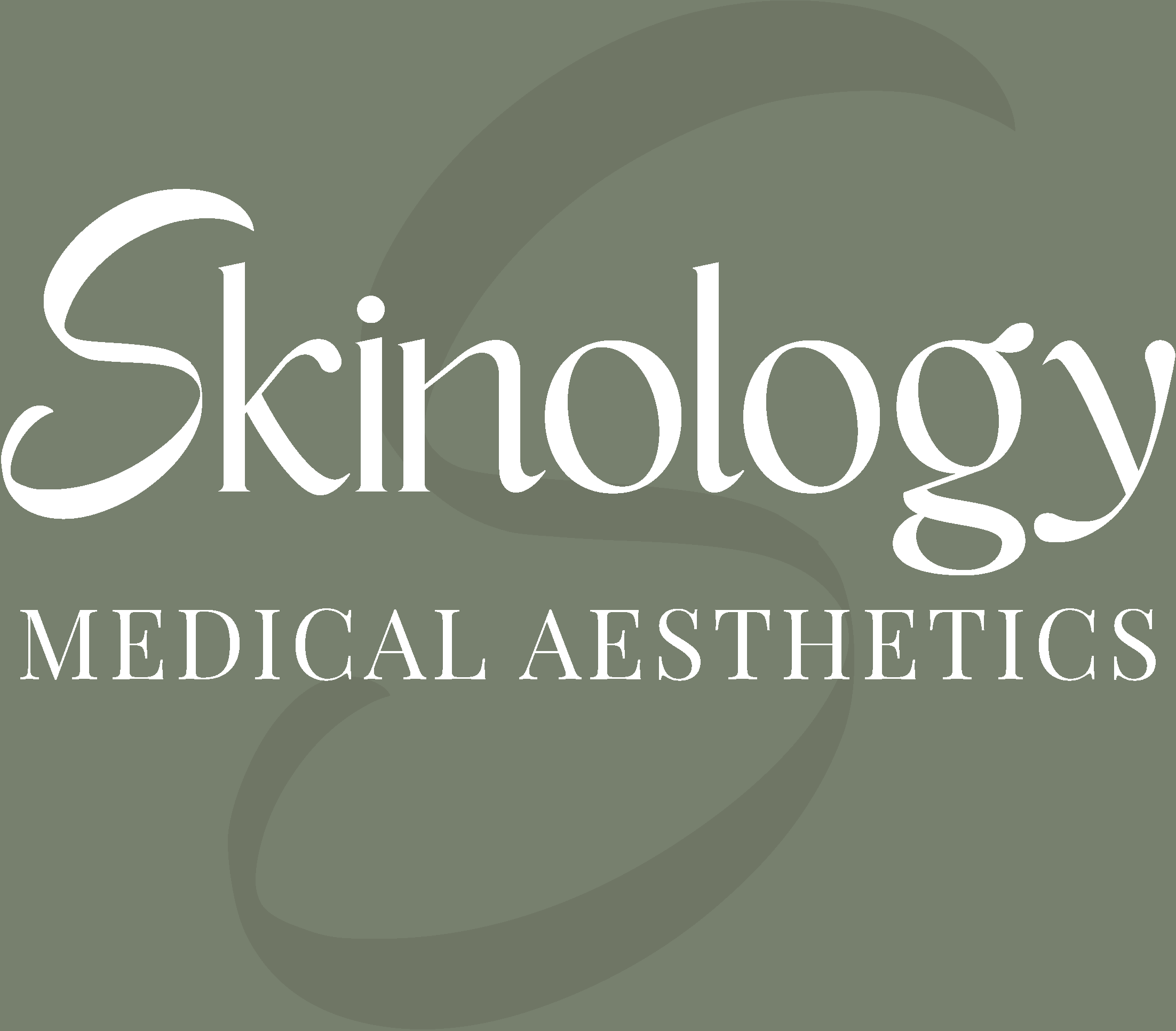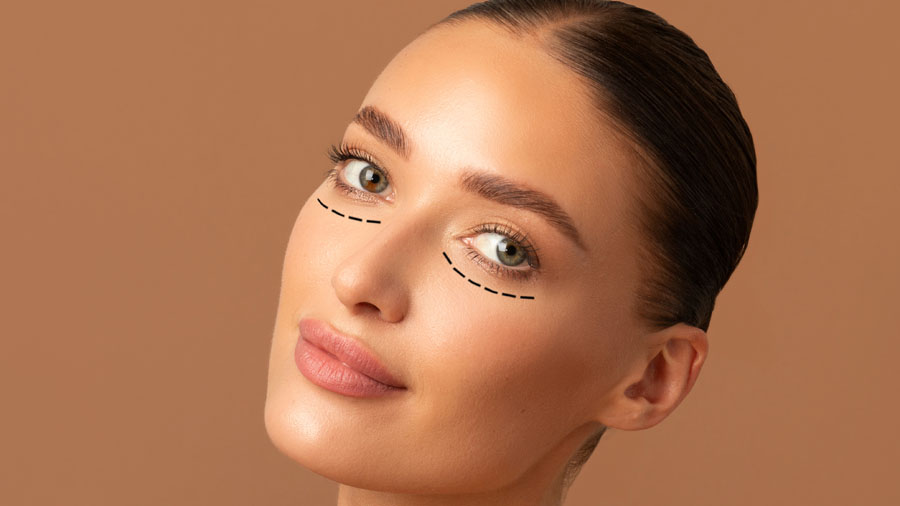Polynucleotide treatment can be beneficial in smoothing out fine lines and wrinkles, improving dark circles and under eye puffiness, enhancing skin hydration, reducing the appearance of scarring (including acne scarring), improving skin laxity, and restoring tone and elasticity of ageing or damaged skin. They can also help with hyperpigmentation, melasma and rosacea.




